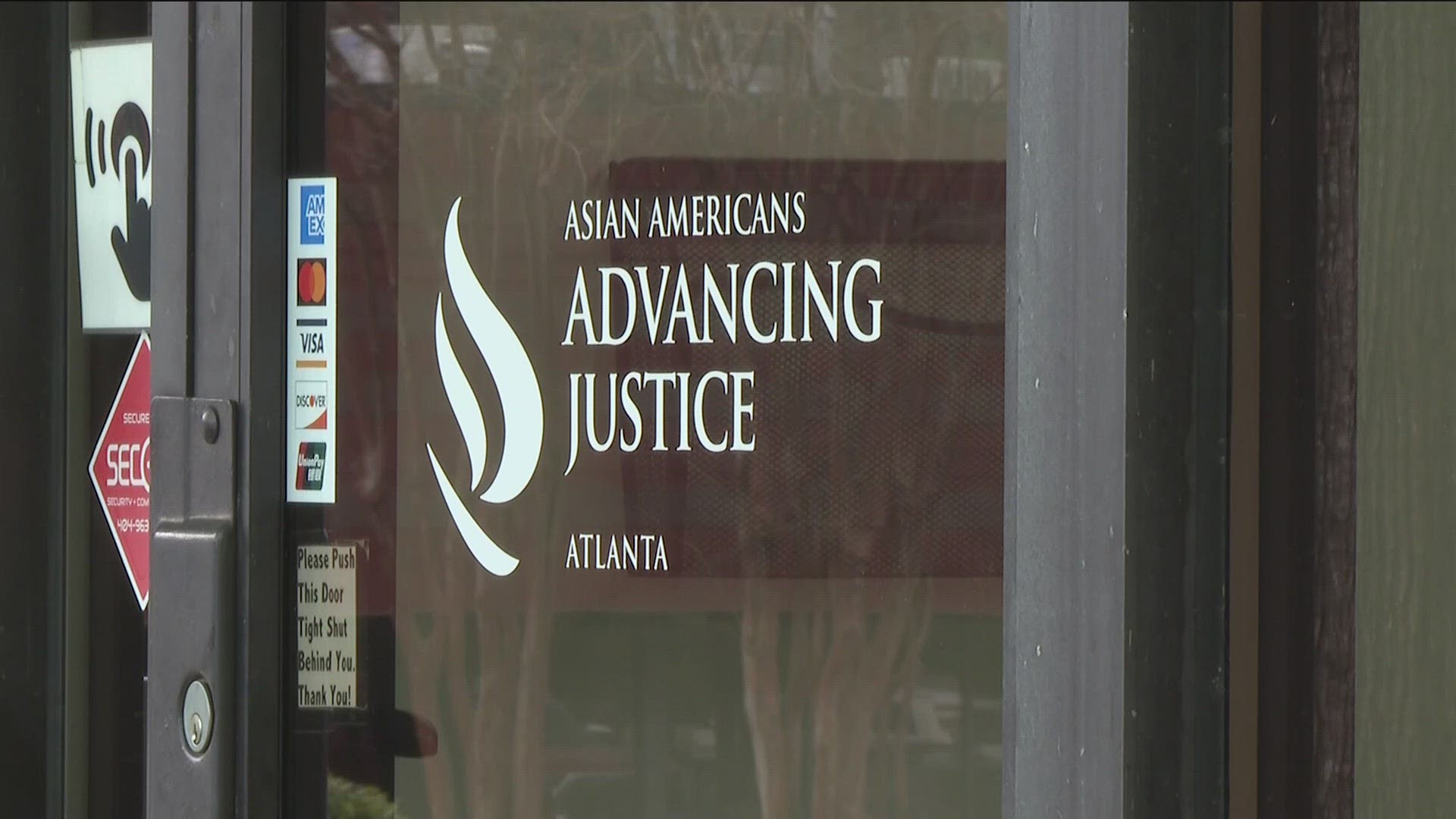ATLANTA — In less than two months, changes to the cost of U.S. immigration and naturalization services will take effect, bringing both decreases and significant increases, with some fees rising by more than 20%.
Advocates at Asian Americans Advancing Justice headquarters in Norcross expressed their concerns about the upcoming adjustments. Executive Director Murtaza Khwaja emphasized the intersectional approach they take in their work, particularly when it comes to immigration services.
"Our current docket is over 100 cases that we have active. And those are clients we're representing directly," Khwaja said. He highlighted the diverse impact of immigration policies on different segments of the AAPI community, stating, "The immigrant experience can be very different across communities, even in the AAPI community."
One aspect of concern is the anticipated increase in paperwork costs. Khwaja revealed, "Just in the last year, we've provided $16,000 in filing fees to our clients who were otherwise unable to pay."
The U.S. Citizenship and Immigration Services office announced changes to the fees for filing certain paperwork on Jan. 30. The application fee for a family member is set to increase by 26%, and the fee for a non-citizen fiancé will also see a 26% hike. Those seeking permanent residence in the U.S. will face an 18% increase in fees.
"These are fees many can't afford," Khwaja lamented, emphasizing the impact on low-income and marginalized communities. Immigration attorney Uriel Delgado echoed these concerns, urging individuals with pending applications to act swiftly.
Delgado noted, "What this means for the community is that people who have pending applications need to move quickly to get these filed, or at least postmarked and sent to USCIS prior to that date."
Acknowledging the financial burden, Delgado pointed out a small silver lining in the form of policy changes encouraging digital filings.
"They're trying to increase digital filings, offering a reduction of around $50 to encourage people to file electronically," he explained.
Despite the imperfections in the system, Delgado expressed hope that the increased funds would lead to faster solutions.
"We've seen a lot of backlogs. We've seen a lot of unresponsiveness," he said.
But now, according to them, this is going to help with funding, expediting processing and responsiveness.
As the April 1 deadline approaches, the community and advocates alike are closely monitoring the impact of these changes on those navigating the immigration process.

